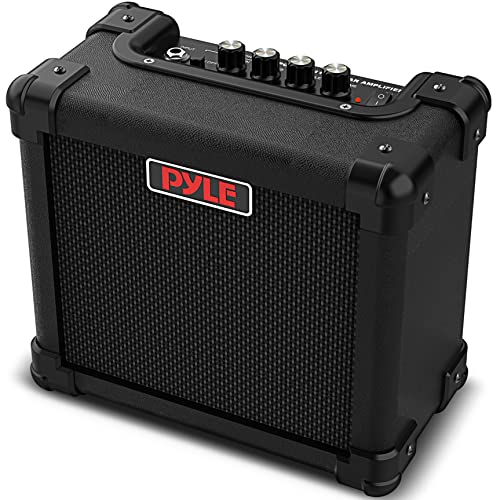th0rr
Well-known member
Just wondering why using tubes other than Mesa brand will void the warranty? The obvious would be that they want to sell their tubes but could there be any other reason? I mean they just rebrand tubes that others sell correct?
Have they just started this? I do not remember reading anything about this when I owned the F-50. I remember that they strongly recommended Mesa branded tubes but nothing about voiding the warranty.
Seems kinda harsh to me. Especially since I remember a big change in the tone (for the better) on my F-50 when I swapped out the Mesa branded ones for JJ's.
I thought that one of the cool things about owning tube amps was the ability to change or color your tone simply by swapping out a $15 preamp tube.
Have they just started this? I do not remember reading anything about this when I owned the F-50. I remember that they strongly recommended Mesa branded tubes but nothing about voiding the warranty.
Seems kinda harsh to me. Especially since I remember a big change in the tone (for the better) on my F-50 when I swapped out the Mesa branded ones for JJ's.
I thought that one of the cool things about owning tube amps was the ability to change or color your tone simply by swapping out a $15 preamp tube.






















